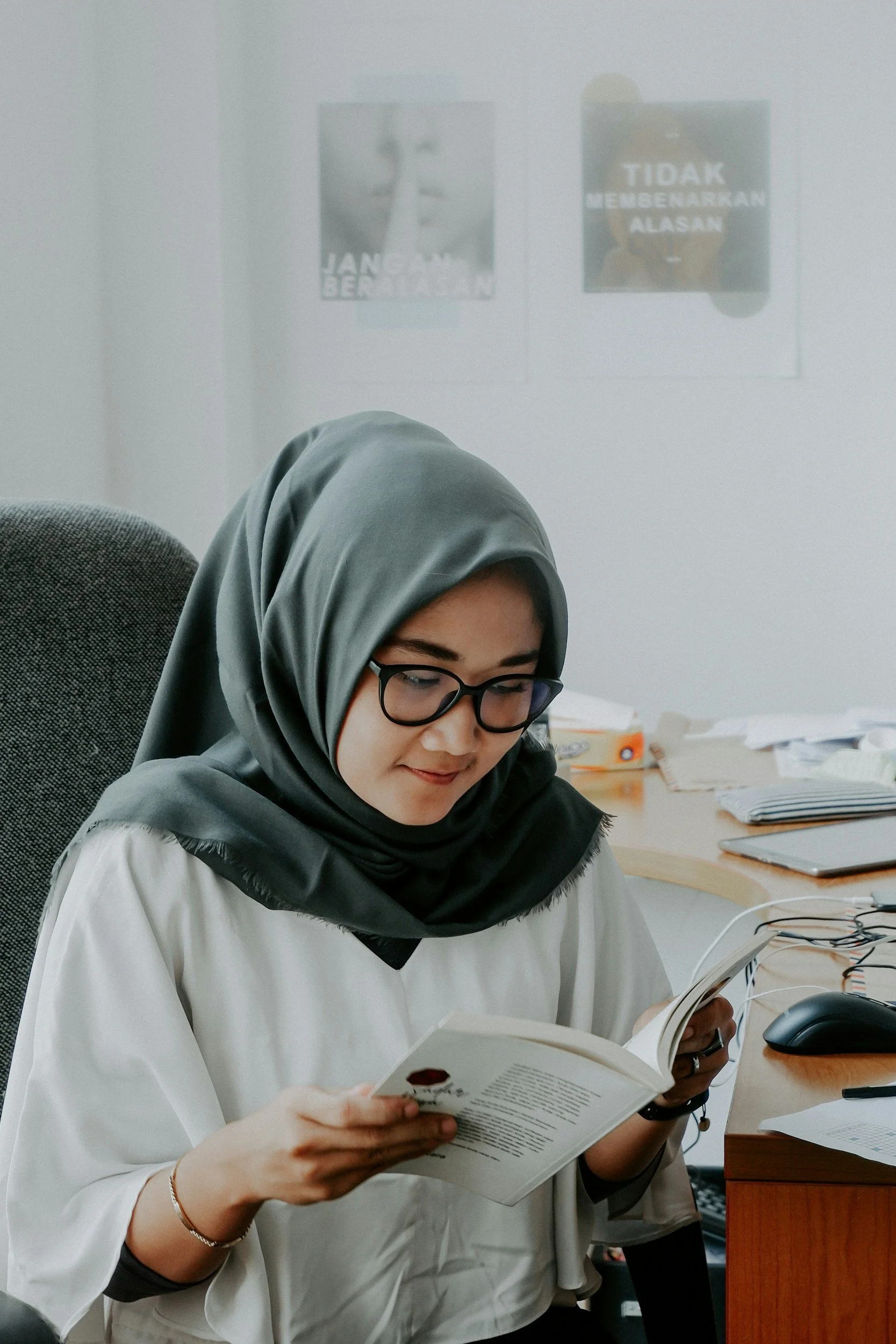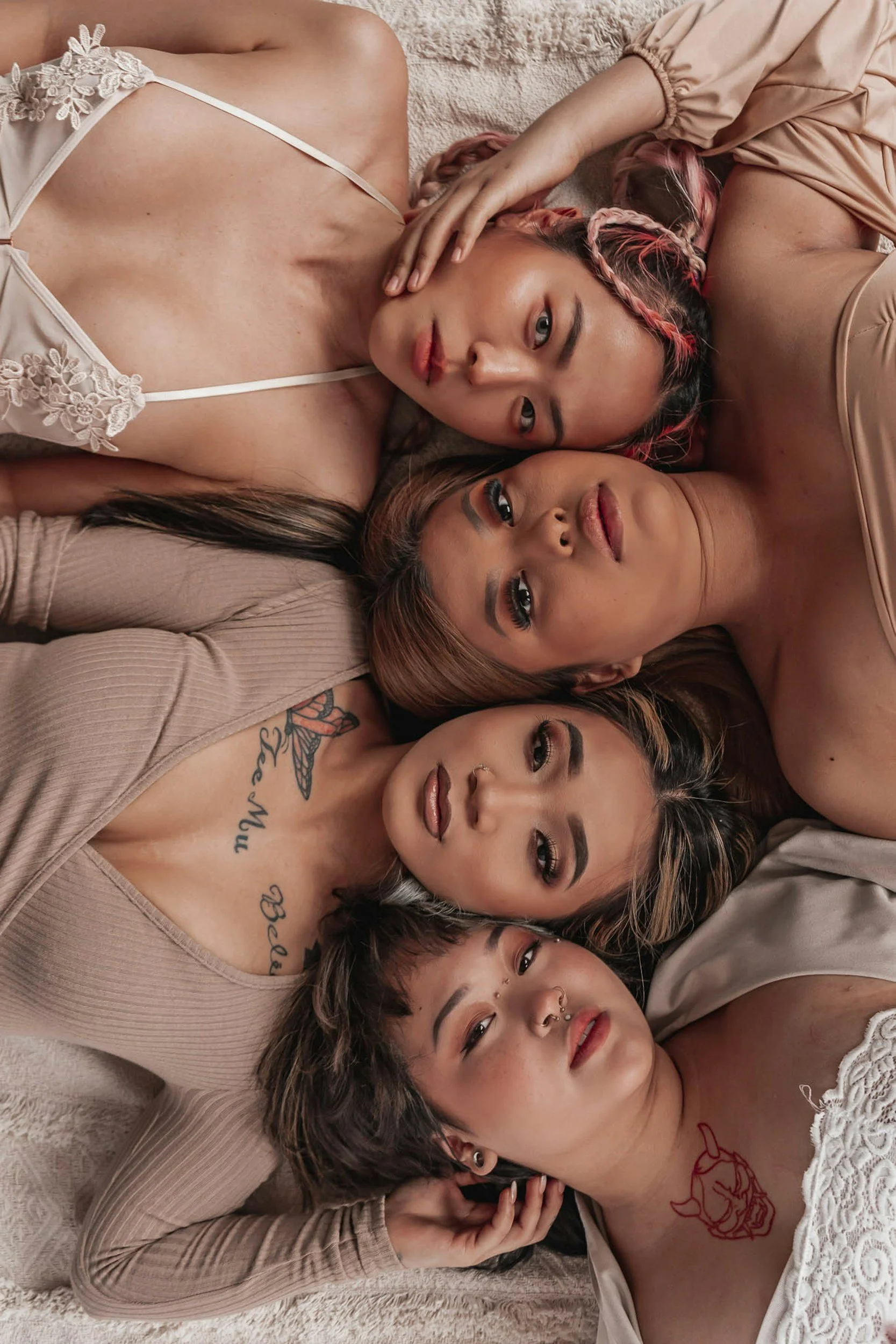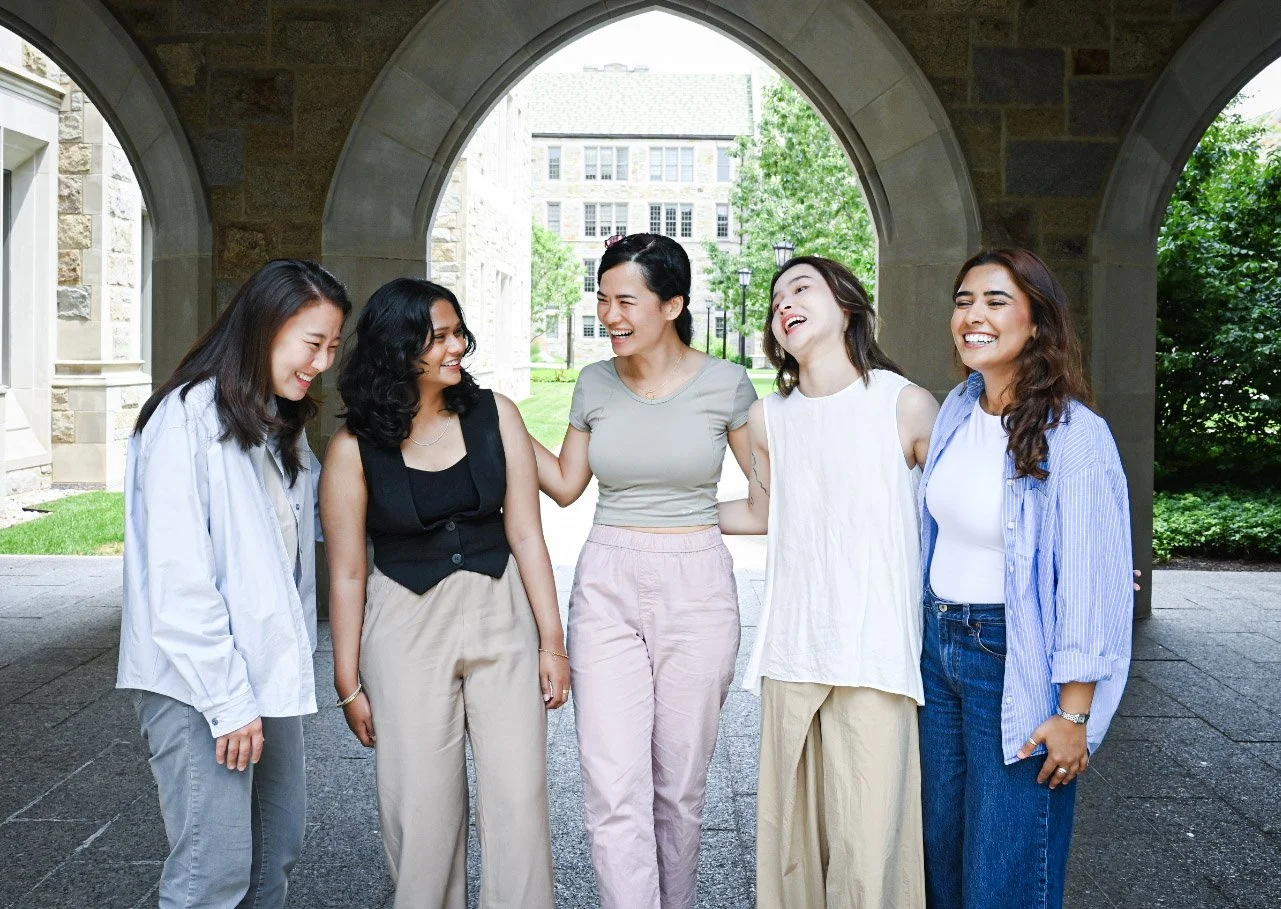
Culturally Responsive ADHD & Neurodivergent-Affirming Therapy for Teens & Adults
Supportive, identity-informed care for ADHD and neurodivergent experiences across Massachusetts.
Tending to Difference Without Erasing It
Many neurodivergent people learn to survive by blending in, working twice as hard, or shutting down. These responses are not flaws, they are adaptations to environments that were never designed with them in mind.
What may look like procrastination, zoning out, or people-pleasing often began as protective strategies in systems that demanded sameness and punished difference.
Here, we honor the parts of you that learned to navigate school, work, and relationships by masking or overcompensating. Rather than forcing change through shame or rigidity, we begin with curiosity and care. We recognize that challenges with attention, memory, or sensory regulation are not individual deficits, but often shaped by the cultural and structural conditions around you.
For teens and adults navigating ADHD, executive function challenges, or sensory overwhelm, therapy becomes a space to slow down, listen to what your body and mind are communicating, and explore tools that work with you, not against you. You deserve support that respects your pace, your values, and your way of making sense of the world.
You Do Not Have to Move Through The World The Way Others Do to Belong Here
There is nothing wrong with how you process, perceive, or pause.
Culture, memory, sensory wiring, and survival all shape how attention forms and unravels. For many, especially in racialized and colonized communities, the ways we sense, think, and relate to time have been misunderstood, dismissed, or punished.
Focus often shifts in ways that don’t match the expectations of a typical workday or classroom. It can disappear mid-sentence, then return with clarity hours later when the world is quiet. What gets called disorganization may be the nervous system reacting to constant overwhelm, trying to keep track of too many moving parts. What seems like forgetfulness might come from years of masking, overcompensating, or navigating environments that weren’t made for your mind.
Living with ADHD can mean mourning the moments that slipped away, unfinished conversations, forgotten birthdays, creative projects that never made it past the first spark. Many people carry quiet grief from being misunderstood as lazy or careless, when they were trying their best in systems that never paused to ask what support they actually needed.
Over time, this can turn into shame or self-doubt, especially when you’ve been taught to hide the parts of yourself that didn’t fit…
Who We Have Experience Working With
Our clinicians have supported people navigating inner experiences shaped by:
Sensory sensitivities, nervous system overwhelm, or difficulty feeling grounded
Emotional dysregulation, rejection sensitivity, or difficulty shifting focus
Internalised ableism, shame around productivity, or fear of being “too much”
Masking, burnout, or feeling disconnected from your body or needs
Nonlinear memory, time blindness, or grief around missed moments
Cultural, gendered, or generational messages that shaped how you show up
We approach these experiences not as flaws to be corrected but as parts doing their best to adapt.
Some of Our Providers Specializing in ADHD & Neurodivergent-Affirming Care
We’ve highlighted a few of our clinicians with lived or professional experience supporting ADHD, AuDHD, and other neurodivergent experiences. Our full team includes therapists with varied approaches and training. If you're looking for support that understands executive function struggles, emotional intensity, sensory needs, or internalized shame, reach out, we’ll help you find someone who gets it.
Janet Gu (She/Her) brings a warm, collaborative approach rooted in narrative therapy, CBT, and strength-based care. As a Chinese immigrant therapist, she works with adults navigating self-esteem, anxiety, intergenerational trauma, and life transitions, especially those who have felt silenced or out of place in dominant systems. With curiosity and care, she holds space for reflection, emotional processing, and meaning-making, inviting clients to explore their stories with agency and self-trust. Her sessions are shaped by the belief that healing is not just personal but deeply shaped by cultural, historical, and systemic forces. Whether untangling inherited beliefs or building new ways of being, Janet supports clients in reclaiming their voice and honoring who they are becoming.
Huey Tyan Chong (HT) (She/Hers) offers a warm, relational approach rooted in trauma-informed care, humanistic values, and experiential therapy. As an Asian American therapist, she supports children, adults, couples, and families navigating cultural transitions, relational conflict, substance use, and intergenerational pain. Her work honors each client’s lived experience, encouraging insight, presence, and growth across all stages of life. Whether supporting families through difficult dynamics or helping individuals reconnect with their inner resources, she brings a grounded, collaborative spirit to every session. Therapy with Huey is spacious, culturally attuned, and shaped by her belief in collective healing and care that does not exist in a vacuum.
Shannon Kang (She/Her) brings a curious, compassionate, and justice-oriented lens to trauma-informed care, shaped by lived experiences as a queer, neurodivergent, third culture kid, and immigrant. She supports clients navigating grief, cultural dislocation, identity transitions, and neurodivergent or queer experiences with warmth and honesty. Her work is collaborative, relational, and systemic, grounded in the belief that therapy is not a solo journey but part of a broader web of collective healing. She resists framing care in a vacuum, instead holding space for the cultural, political, and communal forces that shape how we hurt and how we heal.
Meet More Of Our Therapists
Many of our clinicians have lived experience and deep training in working with queer, BIPOC, and neurodivergent communities.
While we don’t publicly list individual identities for privacy and safety, we are committed to matching you with someone who aligns with your needs.
During your free consultation call, let us know what you’re looking for, whether that’s a queer-affirming therapist or someone with specific cultural understanding, and we’ll do our best to connect you with the right fit. You deserve care that sees the full picture.

FAQs
-
It means we see your brain as different, not broken. We respect sensory needs, emotional intensity, and nonlinear ways of thinking as valid. Instead of pathologizing, we honor how you’ve adapted and build support that works with your pace and values.
-
No formal diagnosis is required. Many of our clients identify with ADHD traits like executive function struggles, time blindness, or emotional overwhelm even if they’ve never been assessed. We focus on lived experience, not labels.
-
That’s a common and protective response. Therapy can help you gently reconnect with what’s underneath the mask, not by forcing vulnerability, but by building safety, curiosity, and trust at your pace.
-
Culture shapes how attention, time, and communication are expressed and understood. In many communities, neurodivergent traits are misread as rudeness or laziness. We explore how messages around productivity, family, and identity impact your nervous system and self-worth.
-
Yes! Our team includes queer, trans, immigrant, and BIPOC clinicians with deep experience supporting clients with layered identities. We understand how systemic harm and sensory overwhelm intersect and we’ll meet you without judgment.
-
Absolutely. We support clients navigating burnout, overstimulation, people-pleasing, and emotional exhaustion. Therapy can be a place to rest, feel, and remember what matters, without pressure to perform or fix everything at once.
-
Yes. We offer a free consultation so you can meet a therapist, ask questions, and see if the fit feels right. There’s no pressure to commit. You’re welcome to share a little or just listen. It’s a chance to start gently and get a feel for what support might look like.
-
Yes. Some of our clinicians offer sessions in languages other than English. We currently have therapists who speak Mandarin Chinese, Cantonese, Hindi, Urdu, and Korean.








